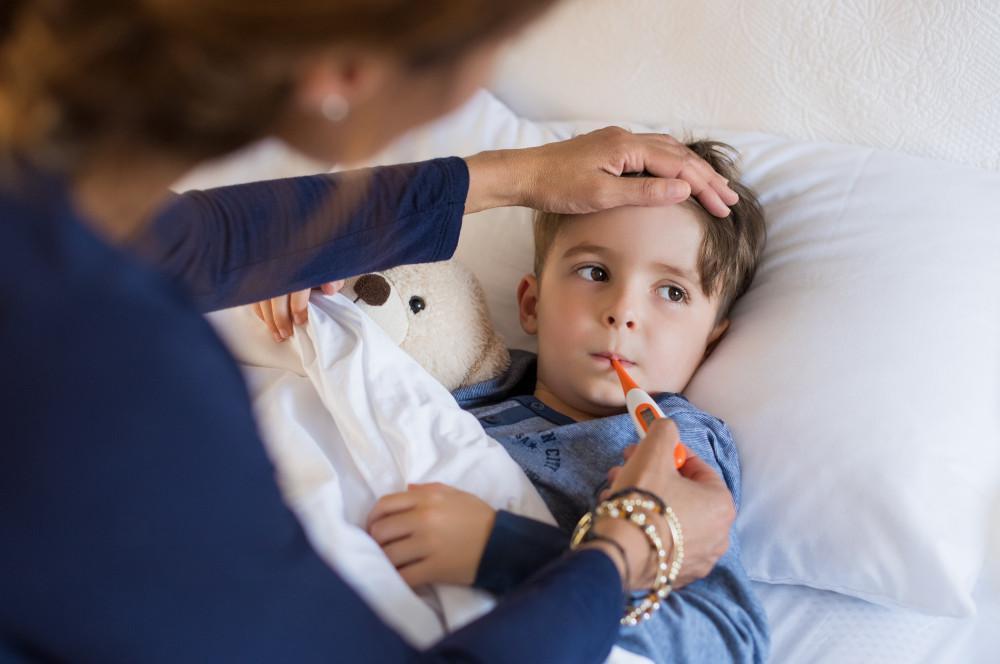
How to Tell if Your Child Is Too Sick for School

It’s no secret that kids get sick a lot. In fact, they get about five to seven colds a year, while adults average about two to four. Part of the reason is that they spend most of their days around other kids, in daycare or school, on the playground, and at get-togethers. Another part is they haven’t yet got the hang of practicing good hygiene.
Sometimes, it’s obvious when you should keep them home from school, such as when they’re running a high fever, vomiting, or have diarrhea. But a cold? That’s a bit trickier. Does a cough or a runny nose make them too contagious? Too ill to focus? And what do you do if they just don’t feel well but don’t have any obvious signs of being sick?
At Laurel Pediatric & Teen Medical Center in Bel Air, Maryland, Dr. Ugonma Okparaocha and our team encourage parents to make sick visit appointments for their children when they don’t feel well, but for something like a cold, other than treating the symptoms, you can’t do much of anything except let it run its course.
So you’ll be better informed about when it’s appropriate to keep your child home from school due to illness and when it’s not, we’ve put together this guide to questions you should ask to determine the answer.
How to tell if your child is too sick for school
There are a number of questions you should ask yourself to determine if your child is too sick to attend school.
Is your child running a fever?
A fever means your child’s body is actively working to fight off a pathogen, and that’s good. At the same time, it can make them tired and achy, so they probably won’t be able to concentrate well, and that’s not good.
If their fever is more than 100.4o F, keep them home and resting; their temperature may come down by nighttime, or it may take a few days.
Don’t worry too much unless their temperature spikes to 104o F or lasts for more than five days; if that happens, call our office immediately for a sick visit. Most schools ask that you keep your child home until they’re fever-free for 24 hours.
Is your child too sick to focus at school?
If your child is vomiting or has a case of diarrhea, by all means, keep them home. It’s better for them and for their classmates. If they appear weak and lethargic, and if they aren’t eating to boot, it’s probably best to keep them home as well. They likely have some kind of bug, and it’s unlikely they’ll be able to focus on their classwork.
Is your child contagious?
If your child has something contagious, such as the flu, strep throat, pinkeye, chickenpox, measles, or hand, foot, and mouth disease, every kid and their parents will thank you for keeping your child home from school. Ask Dr. Okparaocha how long it will take until they’re sufficiently healed, and only send them back to school when that time is up.
What does your gut tell you?
You know your child best. Did you have more trouble than usual getting them out of bed? Are they moving slowly? Are they dragging their feet and not eating their breakfast? If your gut tells you your child needs a sick day, keep them home. If you think they’re faking feeling sick to get out of school, or if you feel they’ll perk up once they’re out of the house, send them on their way.
Obviously, you don’t want to make sick days a routine, but if your child really seems to be under the weather, it’s better to be safe than sorry. And if they’re showing visible signs of illness, give our office a call at 410-504-6676 to schedule a sick visit appointment with Dr. Okparaocha; she can help put your mind at ease by diagnosing the problem and providing appropriate treatment. You can also schedule your appointment online.
You Might Also Enjoy...


The Importance of Limiting Your Child’s Sugar Intake

The Dangers of Untreated Strep Throat

4-Step Solution for Cradle Cap

The Long-Term Effects of Childhood Obesity

